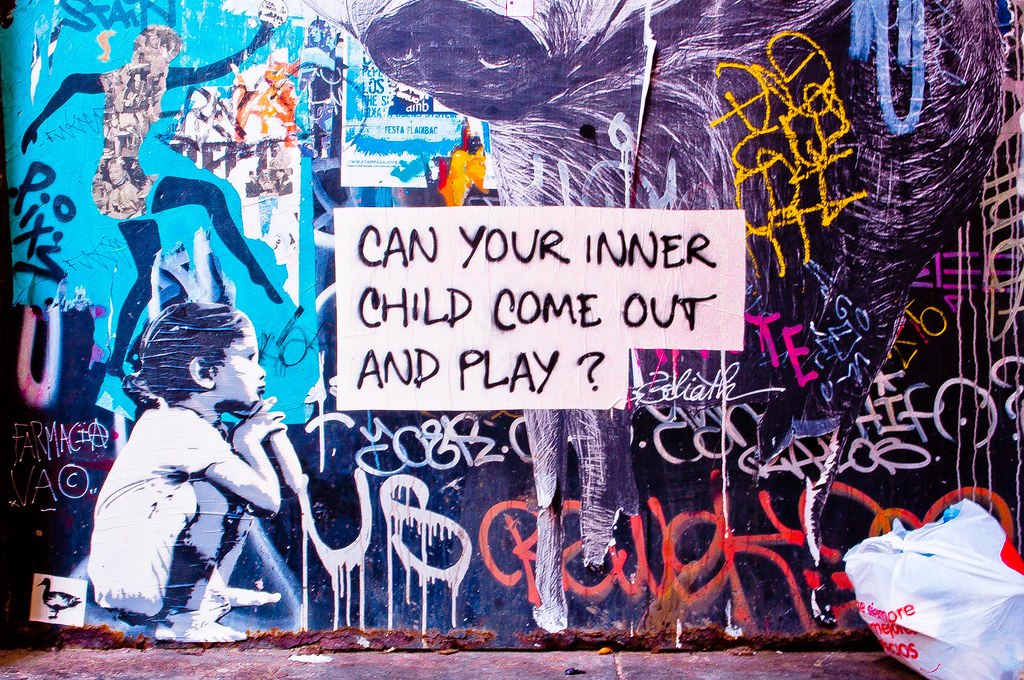 Pat Schneider says that, when you go on retreat, you have to expect to sleep for the first three days — it’s your body coming down from its usual routines. It’s 9:30 pm now, late, and my body is tired, the good kind of tired, the tired that says I have spent the day in sun and movement, spent the day in or near water. Soon enough the rhythm of the waves will be inside me. Last year I spent so much time floating in and riding the sea that I felt that metronome of earthly energy in my body back on the beach, lying down to read, sitting at the table for dinner, climbing into bed. This is what I want to be able to give you.
Pat Schneider says that, when you go on retreat, you have to expect to sleep for the first three days — it’s your body coming down from its usual routines. It’s 9:30 pm now, late, and my body is tired, the good kind of tired, the tired that says I have spent the day in sun and movement, spent the day in or near water. Soon enough the rhythm of the waves will be inside me. Last year I spent so much time floating in and riding the sea that I felt that metronome of earthly energy in my body back on the beach, lying down to read, sitting at the table for dinner, climbing into bed. This is what I want to be able to give you.
Today I have thought a lot about my nephew. I thought: This is the closest I will get to parenting, this relationship with him — and then I wonder if that is true. I imagine walking with him along these beaches, pointing out small shells, pointing out crabs and urchins and tiny starfish, answering what questions I can and learning from him, too.
I’ve finished one (Andrew Vachss’ ShockWave) of the 11 books in my vacation pile this year, and have discarded another from that pile after only reading about half (Augusten Burroughs’ Magical Thinking) — it takes a lot for me to decide to quit reading a book; usually I’m the sort of reader who will just keep plowing through, searching for the good part, assuming that there must be some good part in there somewhere – I mean, it got published after all.

